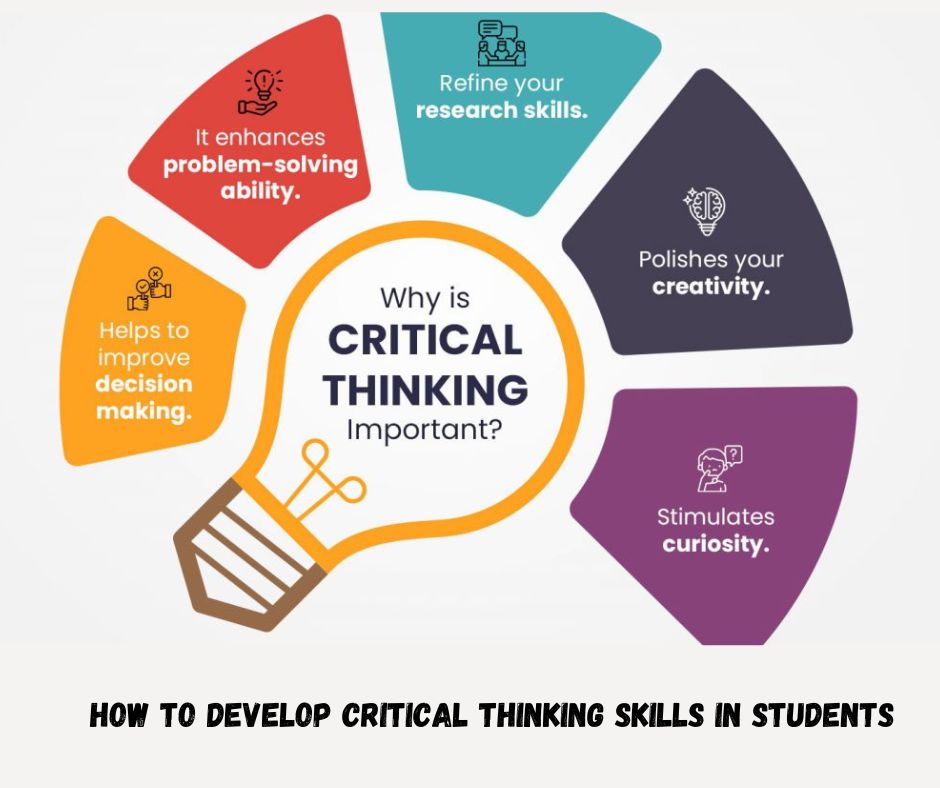In today’s rapidly changing world, critical thinking is a skill that holds immense value. It equips students to analyze information, solve problems, and make informed decisions—a skill set crucial for academic success and lifelong learning. Here, we explore effective strategies to help students develop and hone their critical thinking skills.
1. Encourage Questioning
Foster a classroom culture where questions are not just welcome but encouraged. Encourage students to ask ‘why’ and ‘how’ when they encounter new concepts or problems. This habit of curiosity lays the foundation for critical thinking.
2. Problem-Based Learning
Engage students in problem-solving activities that require them to think critically. Professional assignment writers UK real-world problems, case studies, or puzzles. These challenges stimulate their analytical thinking and creativity.
3. Develop Analytical Reading Habits
Encourage students to read widely and critically. Teach them how to evaluate sources, identify biases, and extract key information. Discussing readings in class can promote critical discussions.
4. Socratic Questioning
Introduce the concept of Socratic questioning, where students learn to ask and answer thought-provoking questions. This method helps them delve deeper into topics, analyze their assumptions, and refine their arguments.
5. Collaborative Learning
Incorporate group projects and discussions into the curriculum. Collaboration challenges students to consider diverse perspectives, fostering critical thinking through debate and consensus-building.
6. Reflective Journals
Encourage students to maintain reflective journals. Writing about their thoughts and experiences can help them analyze their own thinking processes, identify areas for improvement, and set goals.
7. Embrace Mistakes
Teach students that making mistakes is a natural part of critical thinking. Mistakes provide valuable learning opportunities. Encourage a growth mindset where they view setbacks as stepping stones to improvement.
Conclusion
In conclusion, nurturing critical thinking skills in students is an investment in their future success. By fostering a culture of inquiry, problem-solving, and reflection, educators can empower students with the ability to think critically, adapt to new challenges, and excel academically and in life.
Developing critical thinking skills takes time and consistent effort, but the rewards are substantial. As students become adept critical thinkers, they not only excel in their studies but also become better equipped to navigate the complexities of the world around them.

